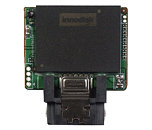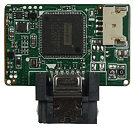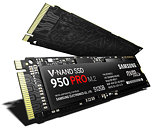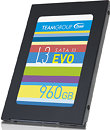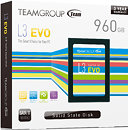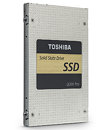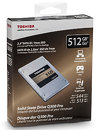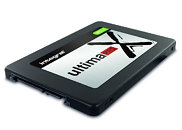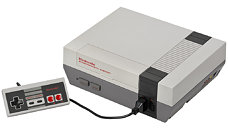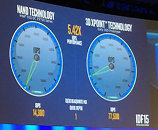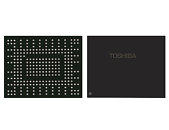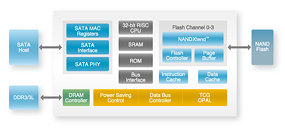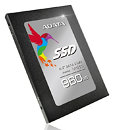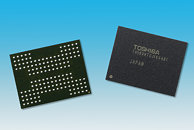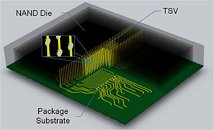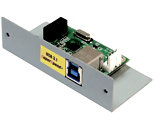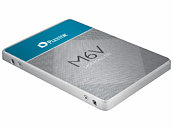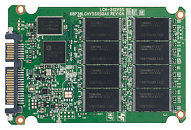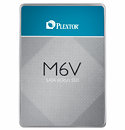Innodisk Announces New Cable-Less SATA Power Technology for Disk-On-Module SSDs
Innodisk, the service-driven flash provider, announces its latest series of SATADOM disk-on-module SSDs featuring a new cable-less power technology. This latest series of SATADOM and ServerDOM come in the same compact form factor but feature a new way of delivering power to the flash drive directly through the SATA connector itself for less clutter and superior reliability. The new patented Pin 8 technology powers a series of SATADOM drives which will come in a variety of compact form factors and flash flavors including SLC, MLC and iSLC, as well as DRAM-less versions for 100% data integrity in the face of power loss. Besides SATADOM with Pin 8 Technology, Innodisk is updating its full line of SATADOM SSDs including SATADOM powered by Pin 7 power and external power cables. The new SATADOM SSDs will feature higher capacities and DRAM-Less SSD technology.
Patented by Innodisk, SATA Pin 8 Vcc uses the SATA connector itself as a power supply to drive the device without external cables. Extra pins on each side of the drive's connector mate with pins in the motherboard's SATA interface to provide a power source that eliminates the need for cables. Already available on motherboards from top manufacturers, Innodisk's Pin 8 Vcc technology joins Innodisk's SATA Pin 7 Vcc technology to enable compact, cableless SATA storage solutions.
Patented by Innodisk, SATA Pin 8 Vcc uses the SATA connector itself as a power supply to drive the device without external cables. Extra pins on each side of the drive's connector mate with pins in the motherboard's SATA interface to provide a power source that eliminates the need for cables. Already available on motherboards from top manufacturers, Innodisk's Pin 8 Vcc technology joins Innodisk's SATA Pin 7 Vcc technology to enable compact, cableless SATA storage solutions.
